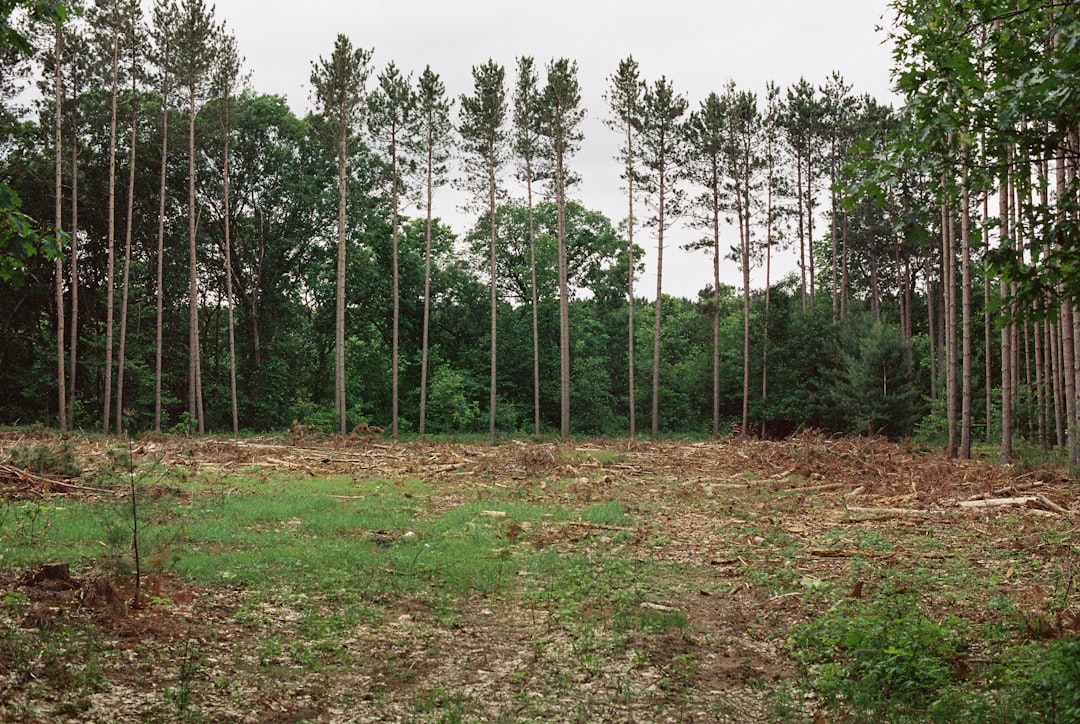
When considering a cash offer, it's essential to appreciate the basics of the exchange. The most notable characteristic is the absence of lenders. Since buyers aren't seeking mortgage approval, transactions are often expedited. The absence of lenders translates to fewer forms and faster closing times—often within a mere few weeks as opposed to several months.
Besides speed, cash offers are less likely to fall through. Typical real estate transactions can be jeopardized by failed financing, appraisals that come in under property values, or issues discovered during the property inspection. Cash buyers often waive these contingencies, betting on the property's value themselves.
Furthermore, cash buyers tend to have a different profile. They're not necessarily individuals, but often encompass investment companies, real estate acquisition firms, or seasoned investors looking for assets that they can quickly turn around for profit. Their objective assessment of a property's worth and the urge to avoid market fluctuations plays a pivotal role in why they opt for rapid and secure cash transactions.
Sellers have a natural affinity for cash offers, and it's not hard to see why. The allure of a near-instant transfer of funds and the absence of bank-led red tape offers a tranquility that's hard to replicate in conventional dealings. There's a definitive end date for the sale, and there's no agonizing wait for loan approvals or the danger of last-minute financing failures.
This love affair isn't merely about comfort. Financially, cash offers can be more secure. They often circumvent the process of an appraisal—a typical requirement in financed deals, which can lead to renegotiations or even deal termination if the appraisal returns lower than expected. Sellers can bypass this potential hiccup, making the transaction a smoother affair.
To add to the appeal, some cash buyers purchase the property 'as is,' wholesome news for sellers who are unable—or unwilling—to invest in costly repairs and cosmetic improvements. This 'as is' approach dramatically increases the pace of the transaction, something highly favorable in certain situations, like when a seller needs to relocate quickly for a job or personal reasons.

Selling land in Texas for cash can be a straightforward process, but it does require some steps to ensure that everything goes smoothly.. Whether you are selling a small plot of land or a large piece of property, the process is generally the same. The first step in selling Texas land for cash is to determine the value of your property.
Posted by on 2024-09-30

Selling your Texas land for cash can be a great way to make some extra money or to liquidate an asset that you no longer need.. However, the process of selling land is not always straightforward and there are several steps that you will need to take in order to ensure a successful sale. The first step in selling your Texas land for cash is to determine the value of your property.
Posted by on 2024-09-20

Selling your Texas land for cash may seem like a daunting task, but with the right approach, it can be a quick and hassle-free process.. Whether you are looking to sell your land due to financial reasons or simply want to move on from owning it, there are a few key steps you can take to ensure a speedy sale. First and foremost, it is important to do your research and understand the current market conditions in Texas.
Posted by on 2024-09-20

Selling Texas land quickly for cash can be a daunting task, but with the right strategy and approach, it is definitely possible.. There are several key steps that can help you expedite the process and get your property sold in no time. First and foremost, it is important to price your land competitively.
Posted by on 2024-09-20

One of the most pressing concerns for sellers is understanding whether a cash offer adequately reflects their land's value. To ascertain this, conducting thorough research is non-negotiable. Look into comparable sales in your area—these are properties of similar size, condition, and location that have recently sold. This comparison provides a baseline for what your property's market value could be.
However, don't neglect the unique attributes of your land. Factors like zoning, development potential, and accessibility can vastly affect pricing. If needed, consider hiring a professional appraiser, even in a cash deal, to obtain an authoritative assessment of your land's worth.
Bear in mind that while cash offers may come in slightly lower than what you’d expect on the open market, the trade-off is often a quicker and more assured sale. It’s a matter of weighing the offer against the carrying costs you'd avoid—such as taxes, maintenance, and mortgage payments—by accepting a potentially lower but swift cash offer.
Even though many cash transactions are 'as is,' prepping your land can influence the offer positively. Begin by ensuring your property’s boundaries are clearly marked and documented. This minimizes disputes and simplifies the buyer’s due diligence process.
Moreover, providing recent surveys, reports on soil quality, and any documentation regarding land use or rights—like mineral or water rights—can elevate the desirability of your property. These details paint a complete picture, allowing potential buyers to gauge the land's potential and the flexibility it offers.
Also, consider addressing any glaring faults that could be immediate deal-breakers. Even in a market that favors sellers, basic upkeep can prevent lowball offers and expedite sales, especially when buyers are weighing multiple options.

Accepting a cash offer on land comes with its fair share of benefits and drawbacks. A key advantage is the speed and certainty it provides. A lack of financing contingencies simplifies the process considerably and can lead to fast closings. For sellers, this can mean immediate liquidity and reduced risk.
On the flip side, these offers are sometimes lower than what might be obtained through financing options. Buyers often expect a discount for the liquidity and security they're offering. This is worth contemplating, especially if you're not in a rush to sell.
Another negative consideration is the potential for fraud. Cash transactions, by their nature, can be lucrative targets for unscrupulous actors. Hence, proceeding with caution is essential; ensuring funds are verified and transactions are through secure channels will mitigate these risks.

The culmination of your land sale is the closing process. Here, preparation is key. Anticipate providing numerous documents, such as proof of ownership, and be prepared for the exchange of funds. Typically, an escrow service will handle the transaction, ensuring both seller and buyer are protected.
Closing costs are also a consideration. While cash deals can often reduce these costs, it's wise to clarify who is responsible for what. Will the buyer cover title insurance, transfer taxes, or the escrow fee? Terms should be clear long before the closing date.
In conclusion, cash sales can be a windfall for those looking to dispose of their land swiftly and efficiently. However, this path should be trod with a healthy mix of enthusiasm and caution. Equip yourself with knowledge, surround yourself with trusted professionals, and you'll be in a prime position to successfully navigate the sale of your land.
Ultimately, cash offers present a compelling avenue in the field of real estate transactions. With sound preparation, astute negotiation, and legal vigilance, you can turn your valuable asset into liquid capital that enables you to pursue your next venture with confidence and financial reassurance.

It is important to determine the fair market value of your land before selling.